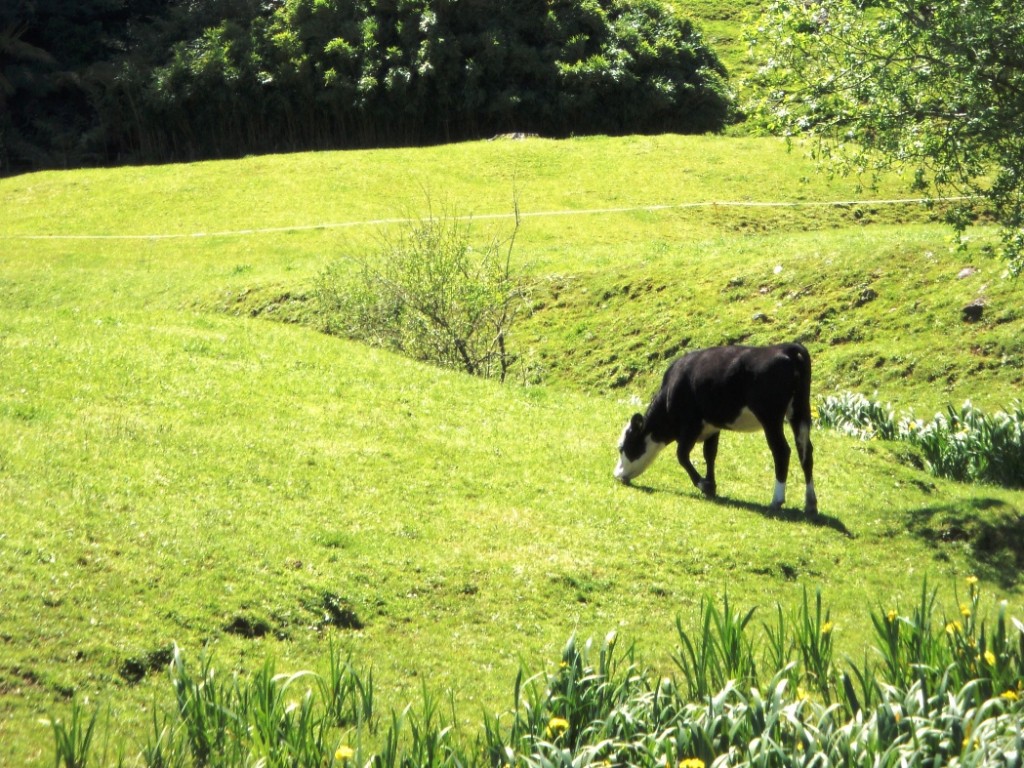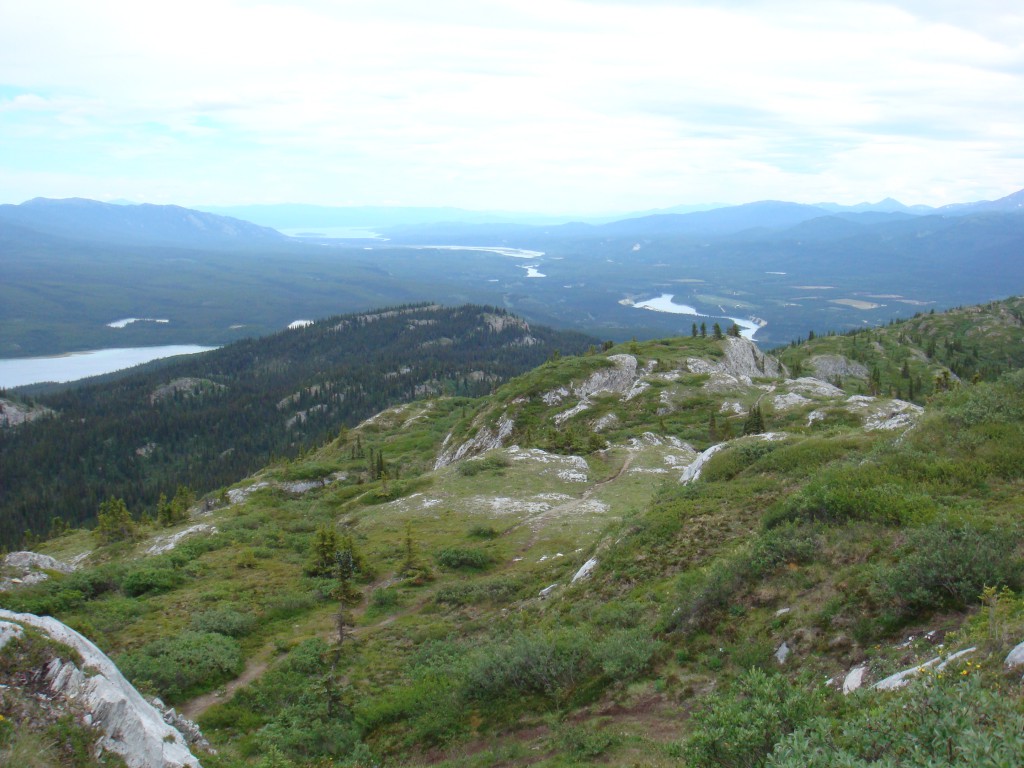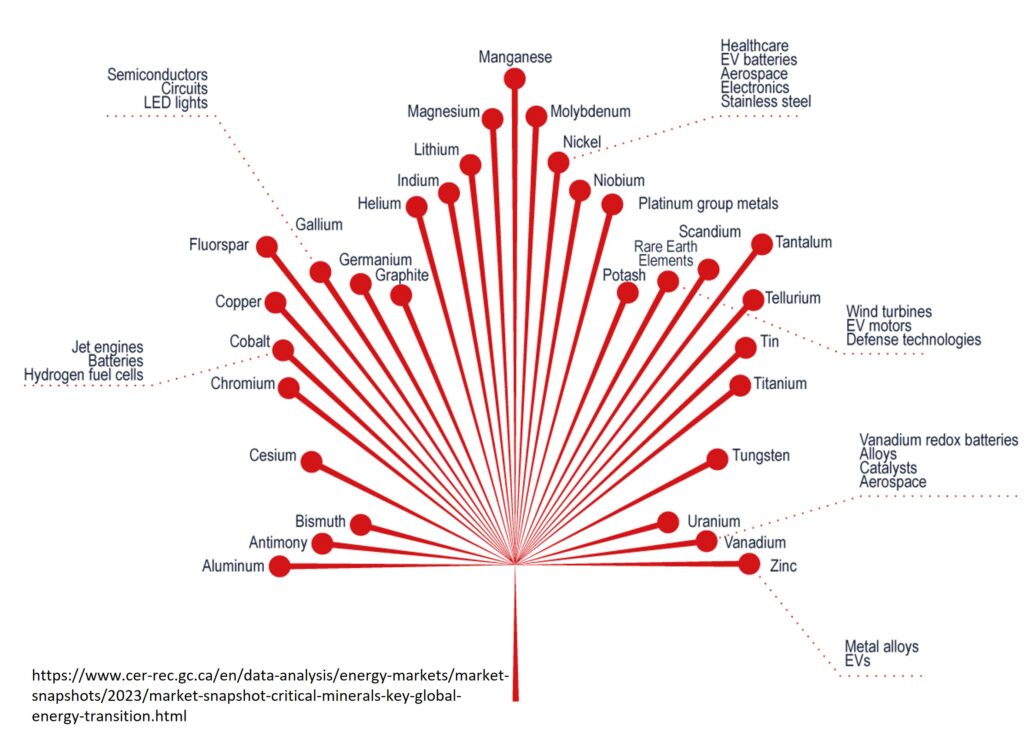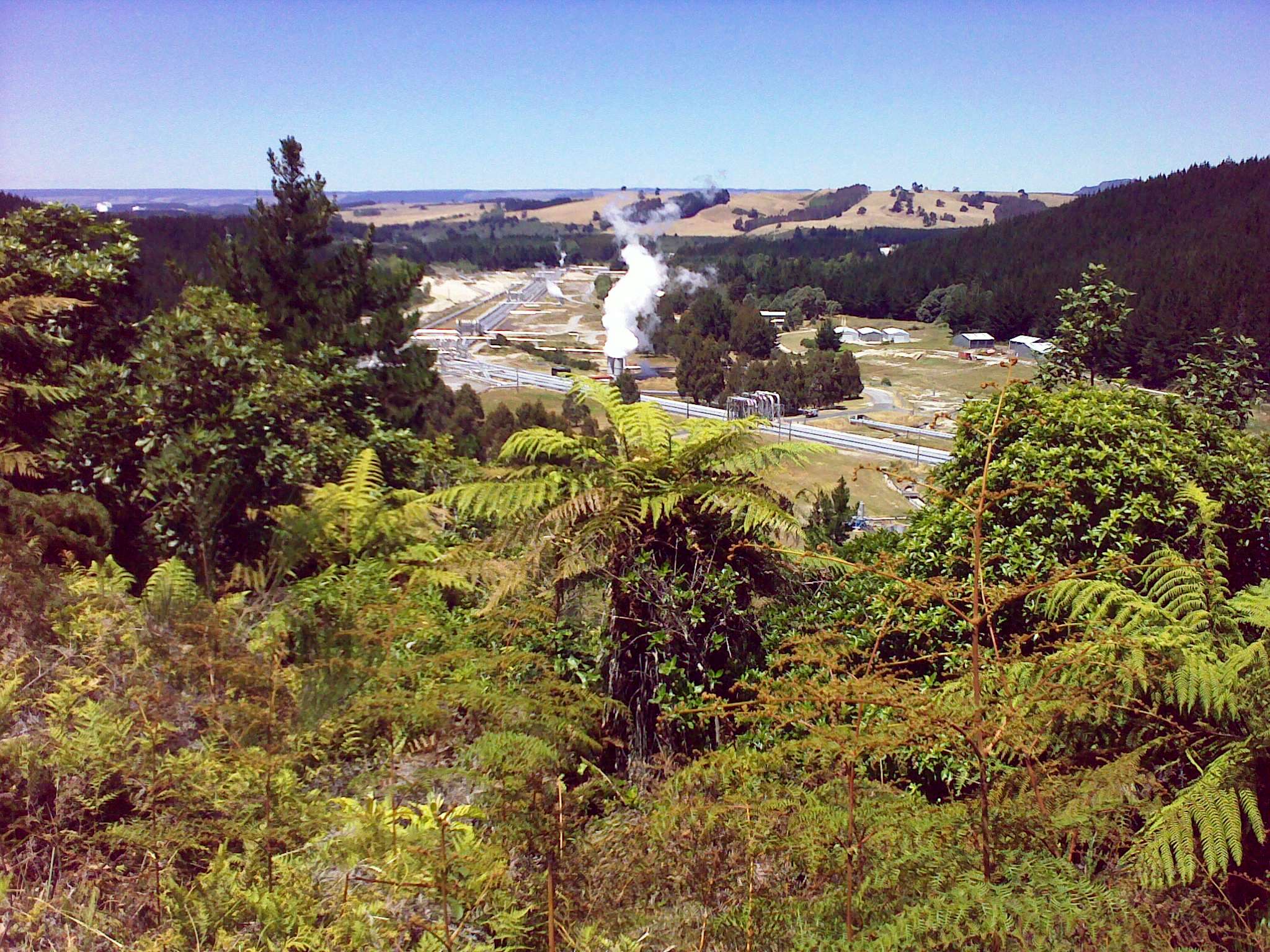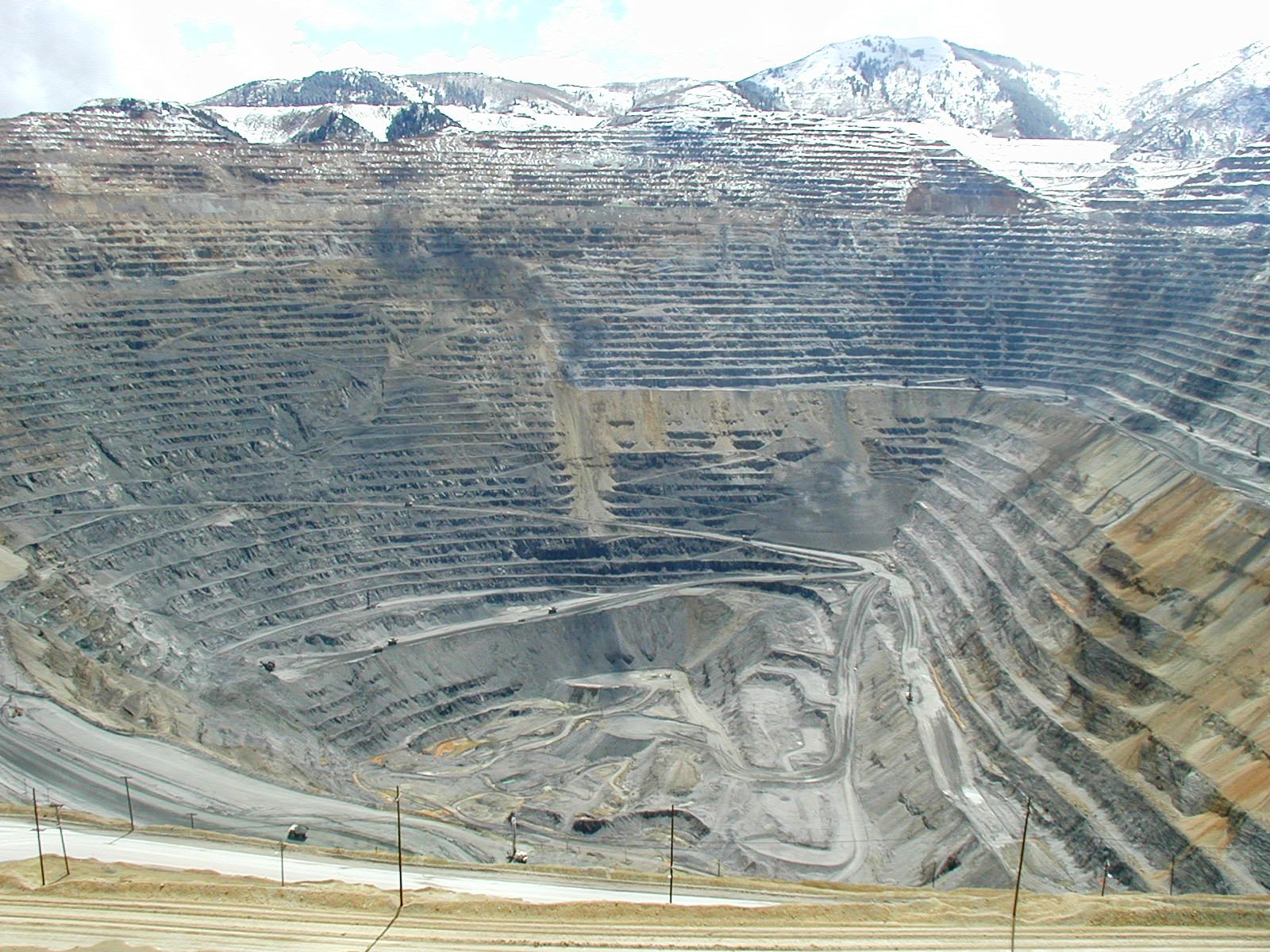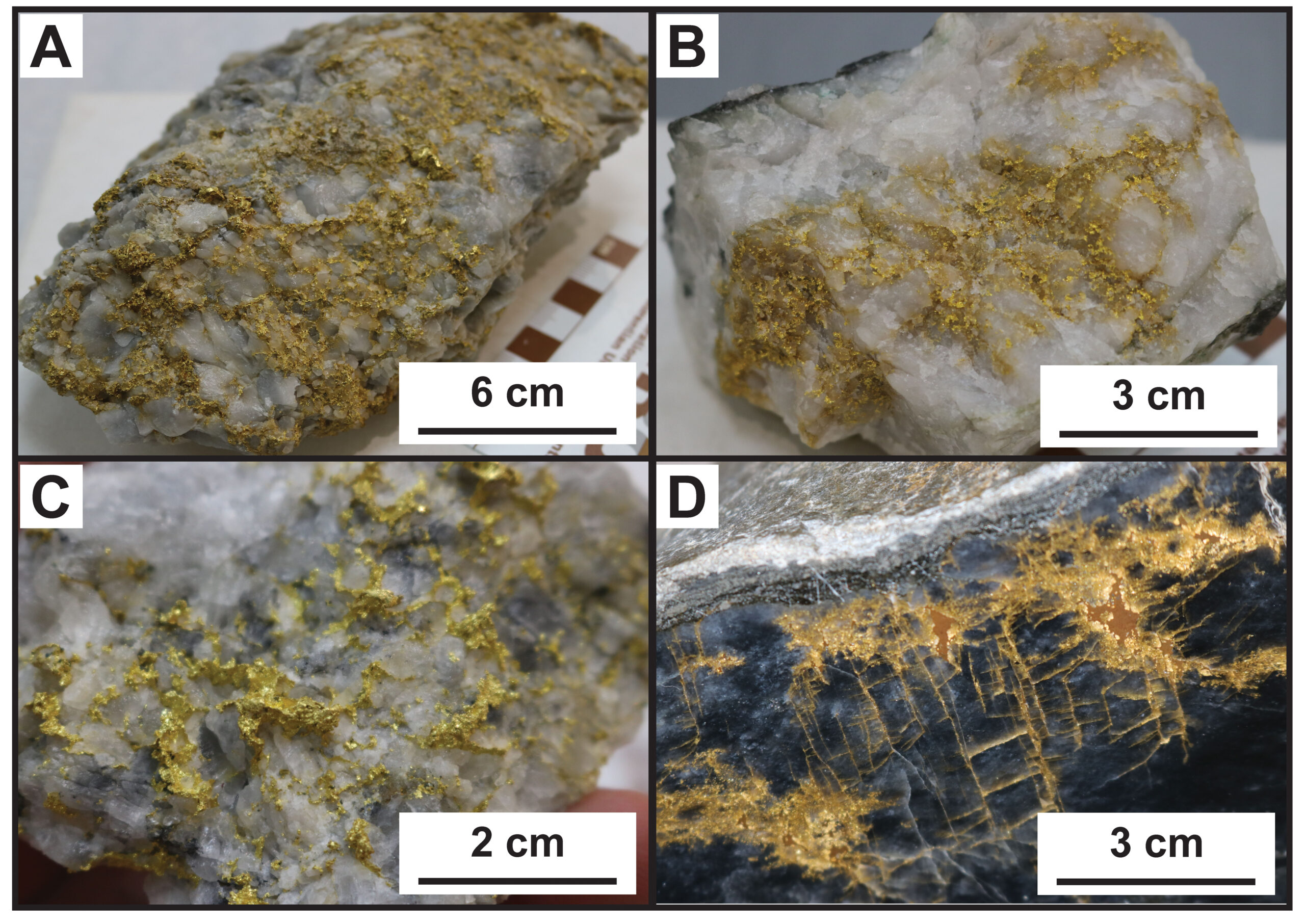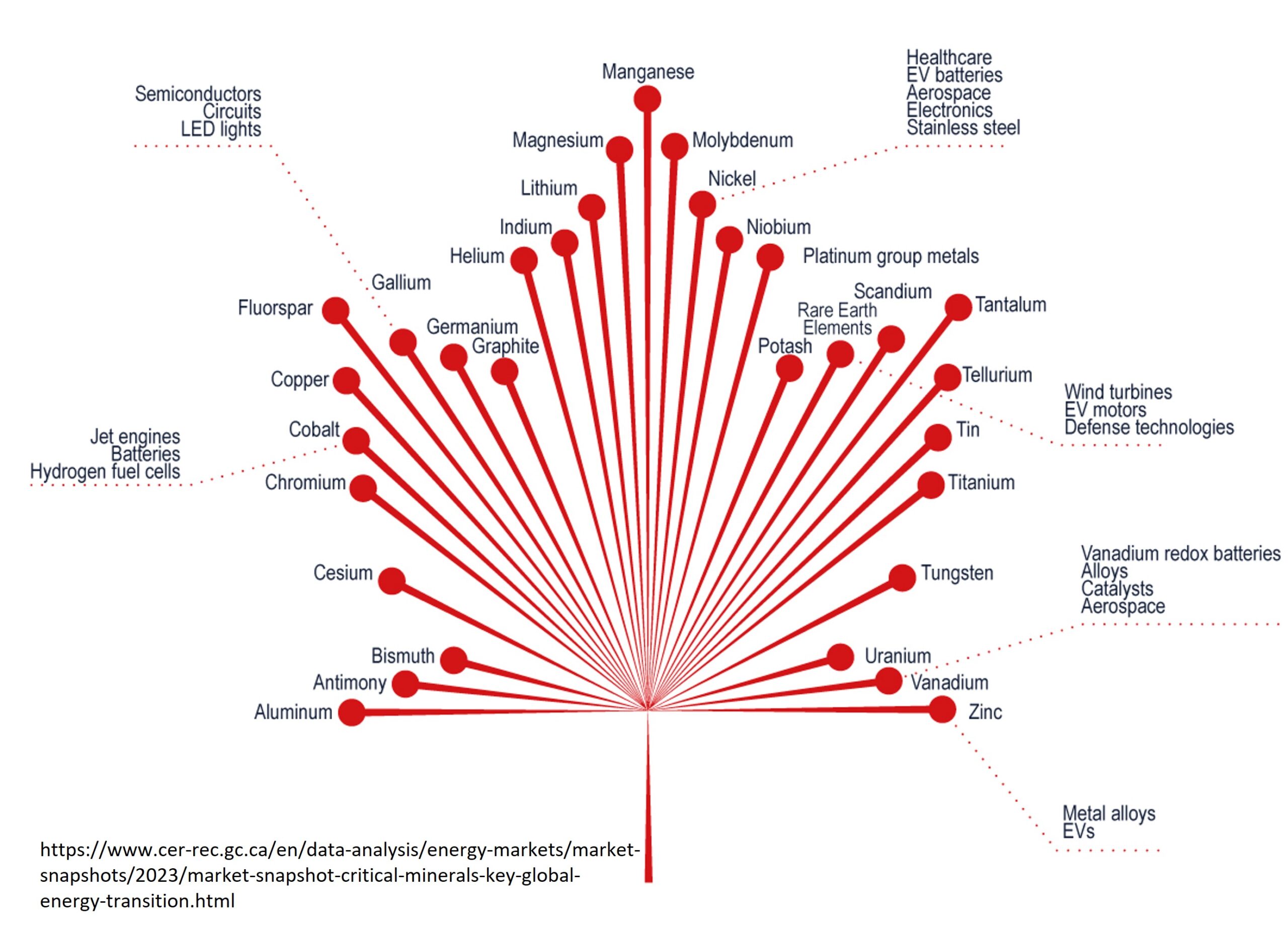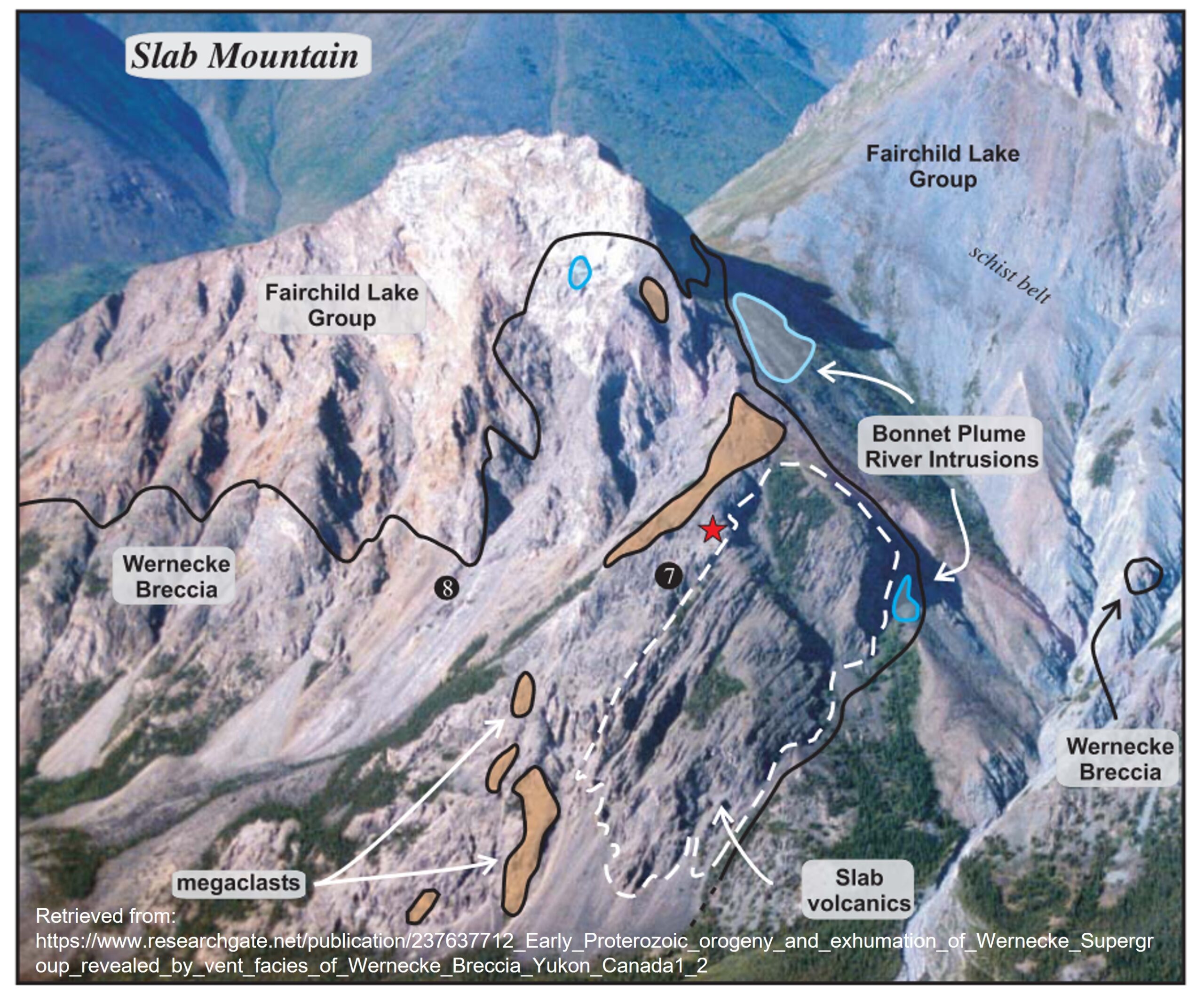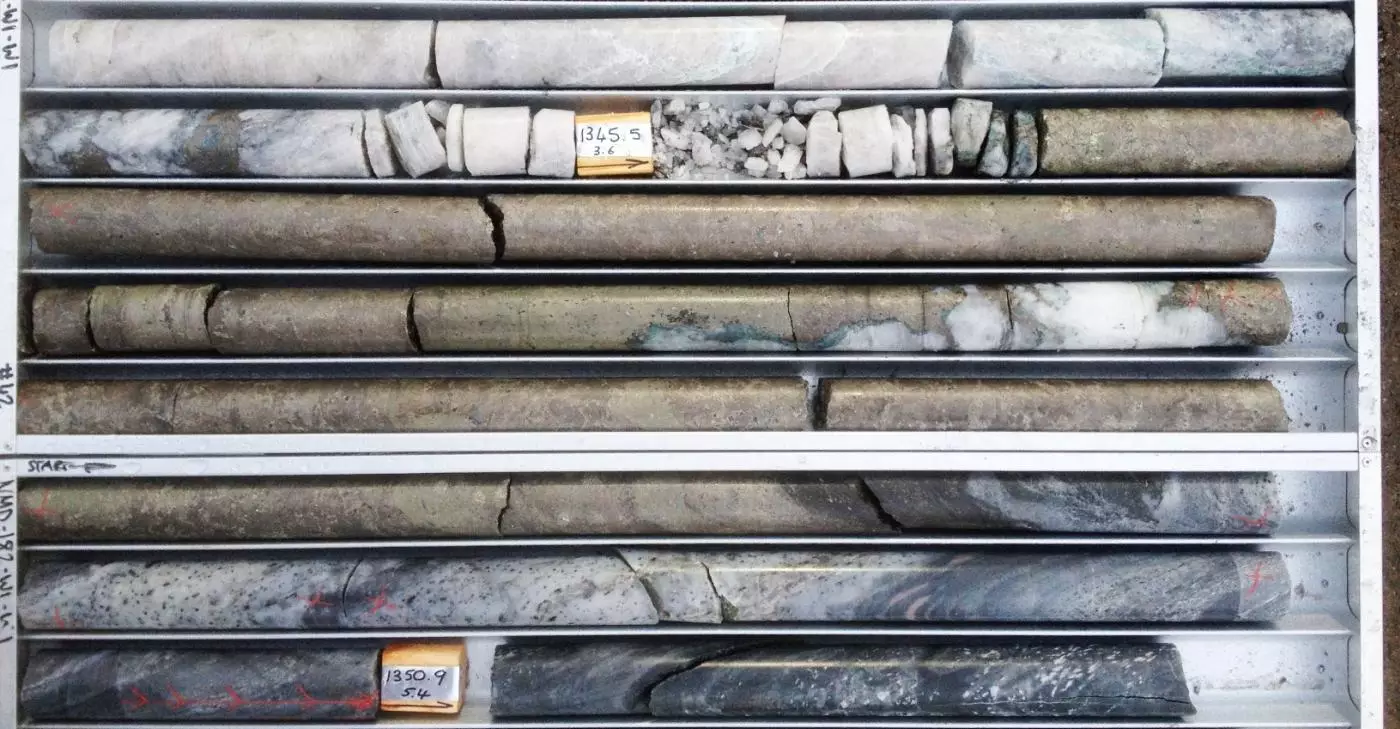The First Contact
The initial contact with a landowner can be nerve-racking not only for the geologist but also for the landowner. Much is at stake for both parties.
Even though a company holds an exploration permit or license over a piece of land they don’t have the automatic right to enter the land without the owner’s consent. It is common courtesy to always ask first.
Rural property owners treat their land as you do your own backyard.
Landowners can be very protective of their properties, many having been handed down from generation to generation. Just because a property is thousands of hectares in area doesn’t mean that the landowner cares any less about a square metre of it. Walking onto a property a couple of kilometres away from the owner’s homestead is just the same as someone walking across your front lawn in suburbia. Some landowners will resort to force or even firearms to evict a trespasser.
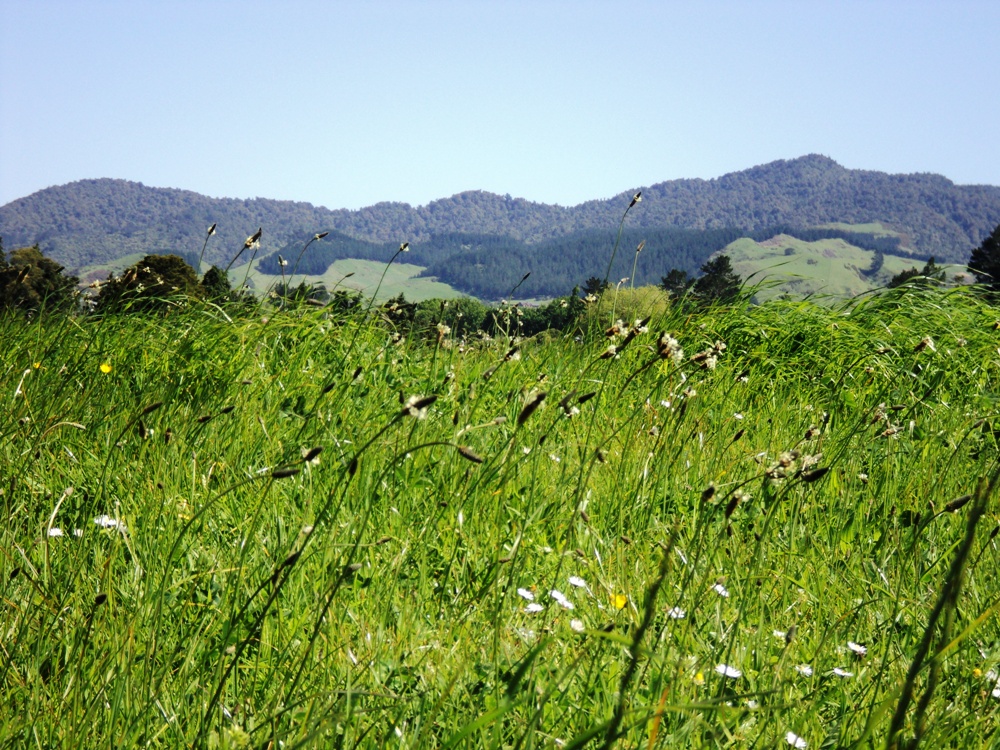
When working in large organisations other people such as a tenement manager or landholder liaison officer may seek permission on behalf of a geologist to enter a property. Even though permission has supposedly been granted, it is essential that the geologist also makes contact with the landholder. Sometimes, a geologist may think that permission has been granted only to find out later that the person responsible for gaining the permission did not follow through. Alternatively, a notice of entry letter may get held up in an administrative process and the landowner is not actually informed. I have been in this situation a couple of times in my career and I must say it was not a pleasant experience.
The best way to approach a landholder for the first time is via a telephone call. First introduce yourself, the company you work for and the reasons why you would like to explore on their land. Always listen to their fears and be truthful with your answers. Suggest a time and date you would like to visit to sit down with them for a friendly discussion. Make sure it is a convenient time for the landholder and ensure they never feel pressured or coerced. The relationship should develop slowly and steadily, to ensure cooperation is forged from the very start.
Try not to refuse an offer of a cup of coffee, tea or even cake. Forget about your waistline! Being standoffish can be quite offensive. Most landowners like to talk about their business, just like any other business proprietor. It’s a good time to become familiar with each other and sometimes even really close friendships can develop. The landowner is often the only person for hundreds of kilometres around. So your safety and that of your team depends on a good relationship from the very start. A landowner may need to be called upon in an emergency; fortunately, many are only too happy to help.
An Access Agreement
An agreement or contract is commonly required for access to land for an exploration program. Some landholders shy away from such formal arrangements and would rather be compensated on a more casual basis. A carton of beer or wine or even just a box of chocolates is all that some landowners want while others may not want anything at all in return for granting access.
Many, however, would rather have an access agreement in place to compensate for the use of farm tracks, loss of quiet enjoyment and any other number of things that may impact on the landholder’s family and business life.
At the other end of the scale, access may not be granted. This could be as simple as a clash of personalities which can be solved by choosing another person to negotiate with the landholder. If this fails and an exploration company is still adamant about gaining access, then this becomes the realm of lawyers. Unfortunately, such avenues are invariably costly and time consuming, so are best avoided where possible.
An access agreement is normally for a fixed term and must be renewed at the end of the period should the explorer wish to continue work on the land.
When it comes down to compensation, a fixed amount is normally negotiated and agreed to with the landowner. This agreed figure typically covers access by personnel for low-impact exploration such as reconnaissance, mapping, geophysical surveys and geochemical sampling with hand tools. For any techniques which are more invasive, such as trenching, drilling and bulk sampling, additional payments are usually required. This is normally agreed to per item or by area of land disturbance.
Many landholders own their own earth-moving equipment. They would rather help build access tracks as well as pads and sumps for drilling than have external contractors coming onto their land to do the work. This arrangement and any other miscellaneous ones may need to be put into an access agreement.
Code of Conduct
While on a property, the exploration team should always be careful not to damage anything. It is better to minimise the chance of accidents happening by following safety procedures and to use common sense at all times. For example, unsealed roads should not be driven on when wet as wheel ruts can cut deeply into them. Care should always be taken while driving to avoid injuring or killing livestock. The livestock is the landholder’s livelihood and must always be treated with care and respect.
Driving on sown fields should be avoided as irreparable damage to that season’s crop can result. Fire safety is extremely important in hot dry countries such as Australia. One spark from electrical equipment or an ember from a cigarette butt can result in catastrophic destruction of land, property and lives. Despite all the best intentions, accidents can and do still happen.
